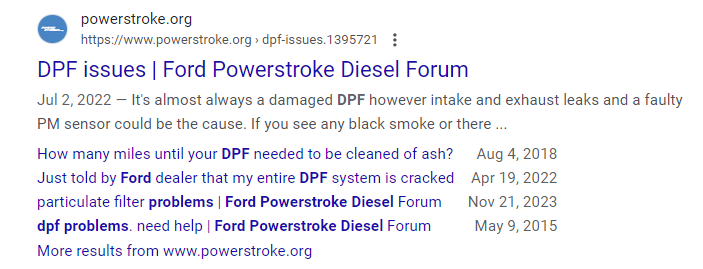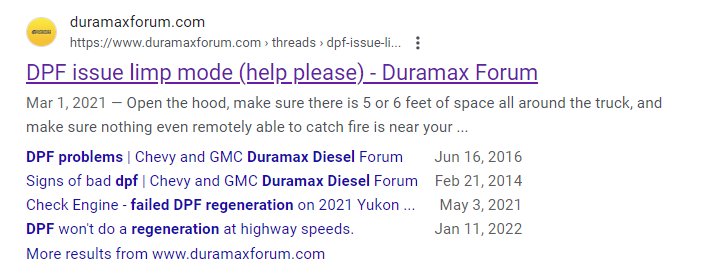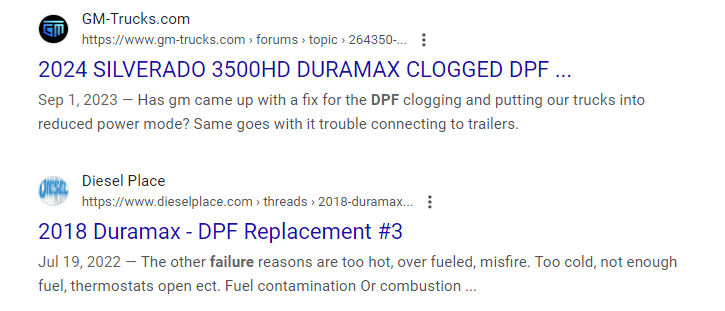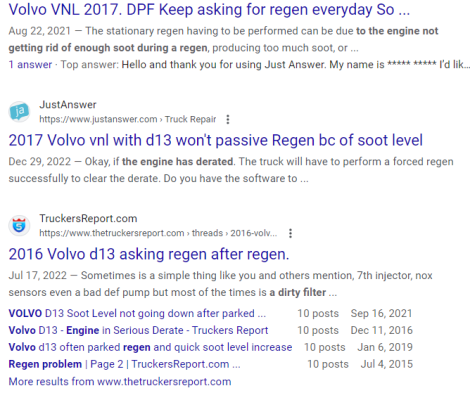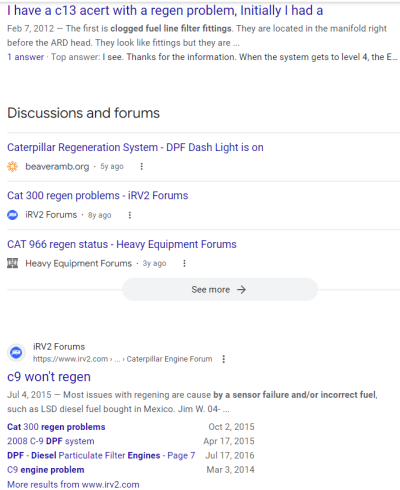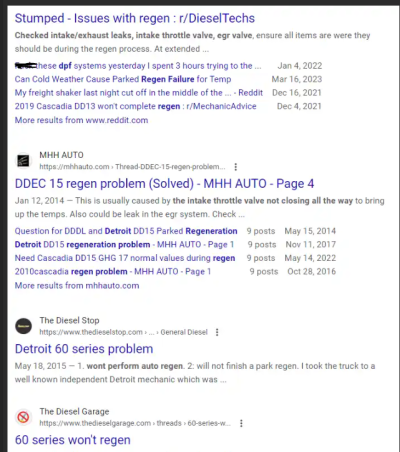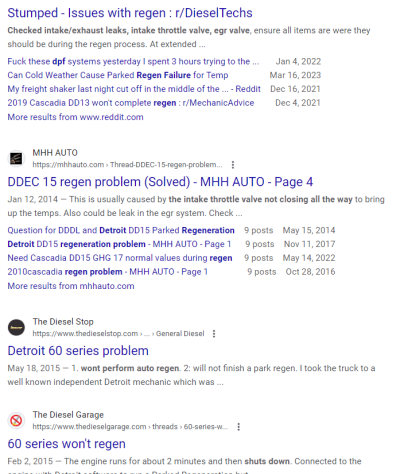johnsaye
Junior Member
- Joined
- Apr 17, 2024
- Posts
- 2
- Reaction score
- 0
- Location
- Santa fe , New Mexico
- Ram Year
- 2021
- Engine
- Cummins 6.7
I have a 2021 Ram 6.7 , same problem. Regens started being an issue at 36,000 miles. To many regens will degrade the oil leading to major engine problems down the road . Went to the Ram dealer in Santa Fe today and was told it’s a problem with most Cummins equipped Rams! I was told they were backed up with these problems and it would be at least July before they could get to my truck! What am I supposed to do ? Try another dealer or park the truck for 2 months? This is a problem the factory is aware of with so far no answers.


